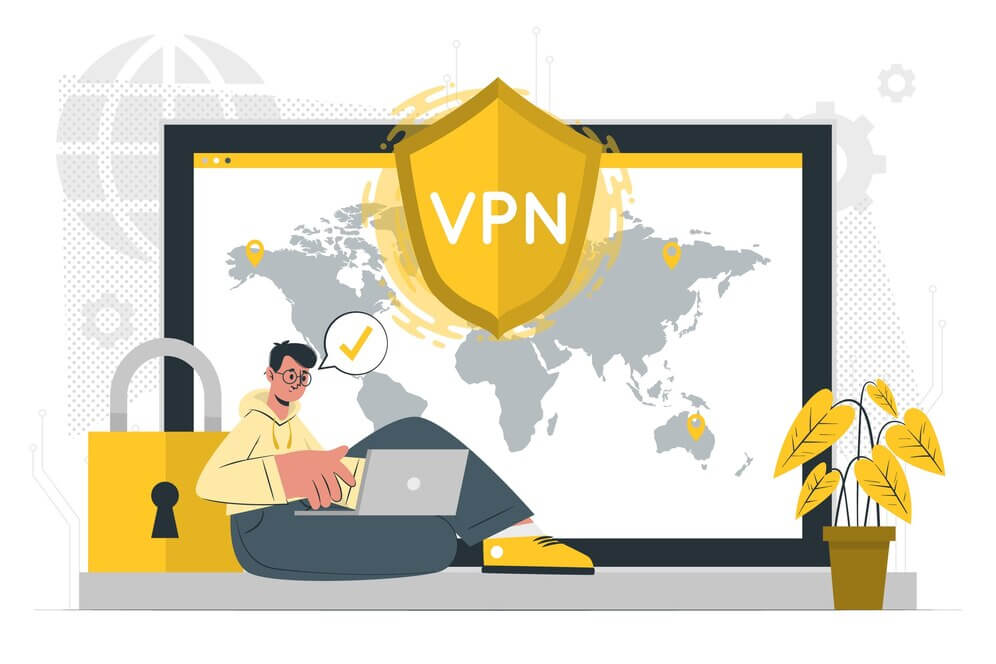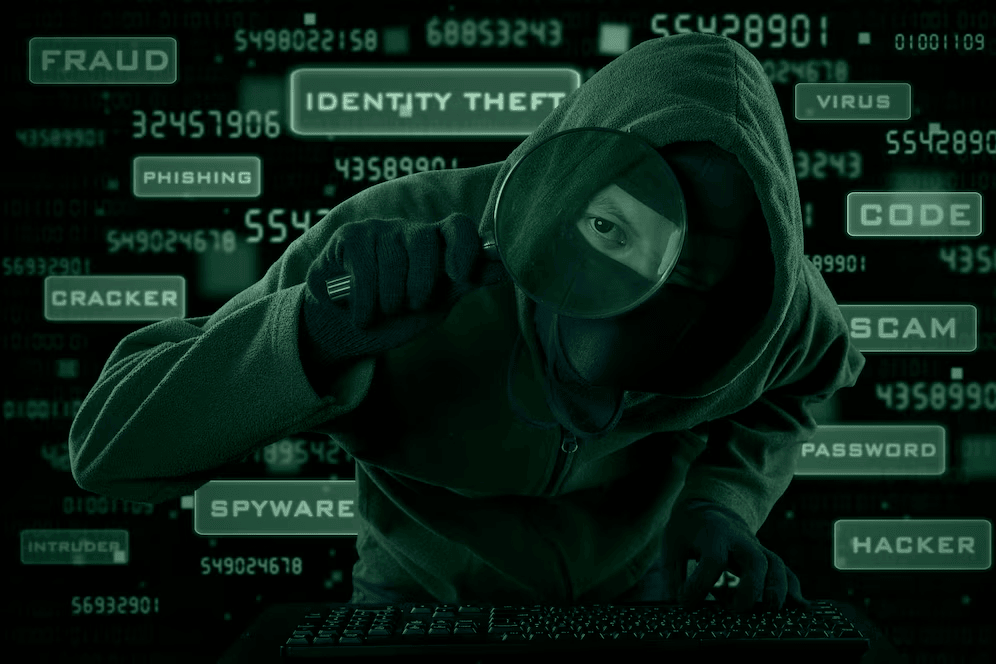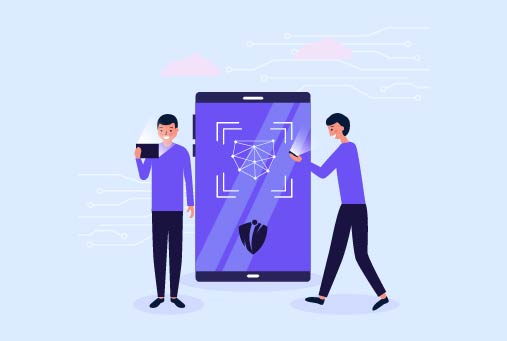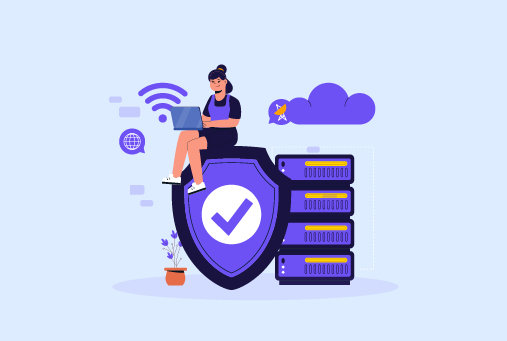
Why University Students Need a VPN for Secure Online Research
University students use digital tools to do academic research, study, and collaborate. Without the right protection when working online they can compromise their safety and security. This is especially the case if they use public Wi-Fi and open networks. A VPN keeps any online activities private and ensures security and anonymity. It is like a secure tunnel that encrypts all the data students send or receive.
Protects Access to Academic Databases
Publishers of research journals often have contracts with university libraries. These libraries use IP address authentication to allow access to online databases and journals for students and faculty on campus. Geo-IP blocking may limit access to certain IP addresses or regions. If an IP address is blocked or a location isn’t authorized, a student won’t have access to the information.
A VPN masks students’ IP addresses so they can get access to the online journals and databases they need to do assignments etc.
Secures Data on Public Wi-Fi
On university campuses, dorms, libraries, and cafes may rely on open networks. It’s convenient for students to use them but they may not be safe. When they connect their devices to these networks, they unknowingly expose confidential information. This may be their login details or sensitive academic information.
A VPN encrypts internet traffic and hides a student’s IP address. It keeps login details, search history, and downloads safe when using shared Wi-Fi. Scrambling the data they send and receive means that malicious actors are unable to read the information.
Bypasses Geo-Restrictions
A student’s location can determine what they are able to access online.
- Some countries restrict or censor internet access. Students may need to access content from these countries to understand different perspectives or enhance cross-cultural learning.
- Access to specific services or websites may only be available in certain regions.
- Students who study overseas or attend international programs may find access to some research databases or online tools that are limited.
A VPN can help students access these resources by masking their location. Their traffic goes through a server in another region and it reflects that server’s region. This ensures students have consistent access to online sources. Access to global resources, cultural insights, and international news broadens the awareness of students. It can make them more critical thinkers when they see issues from different perspectives.
Supports Safe Use of Campus Digital Signage
Universities increasingly use digital screens for a variety of different purposes. They may display research opportunities, offer institutional news, or relay safety information. Solutions are available to help them manage large-scale deployment.
Kitcast is a digital signage software solution that can turn an Apple TV into a tool for displaying content. It requires no extra devices, tech skills, or design skills to set up and use. The centralized interface manages content for screens in multiple locations. Select a video or static background image, add a message, and the power of AI creates a layout. Integrate drag-and-drop widgets using various content sources and into playlists, including calendars, social media feeds, etc.
The use of a VPN can help to support the safe use of digital signage. It protects the backend system that manages the display on the screen. By encrypting the data that goes between the signage and servers, it prevents unauthorized access. Only authorized users are able to control what is shown. They are able to manage and update content without compromising security.
Preserves Privacy During Online Collaboration
Students often need to work in groups. They may have to have video meetings and share documents. Perhaps they simply want to share professional-level writing tips. However, they may need to collaborate when doing projects that involve sensitive information. It is vital that they protect this information.
Using a VPN offers students protection when they need to collaborate online. It is particularly helpful when discussing sensitive topics. A VPN also ensures that their email addresses and other personal information aren’t exposed when collaborating. There is less risk of interception of the data which can help to prevent malware attacks and other online risks such as phishing attempts.
Conclusion
Digital learning keeps growing and it is becoming easier for students to gain access to educational resources. However, this makes privacy and security more of an issue. A VPN offers a level of protection to students who need to balance doing online research with privacy and security. Whether they want to access data, share their theories, or see campus announcements, they can use a VPN. This will help them to maintain their privacy and make sure they can always conduct research safely. They can unlock their full potential as students when they aren’t always worrying about safety and security or not being able to access the resources for their academic needs.





